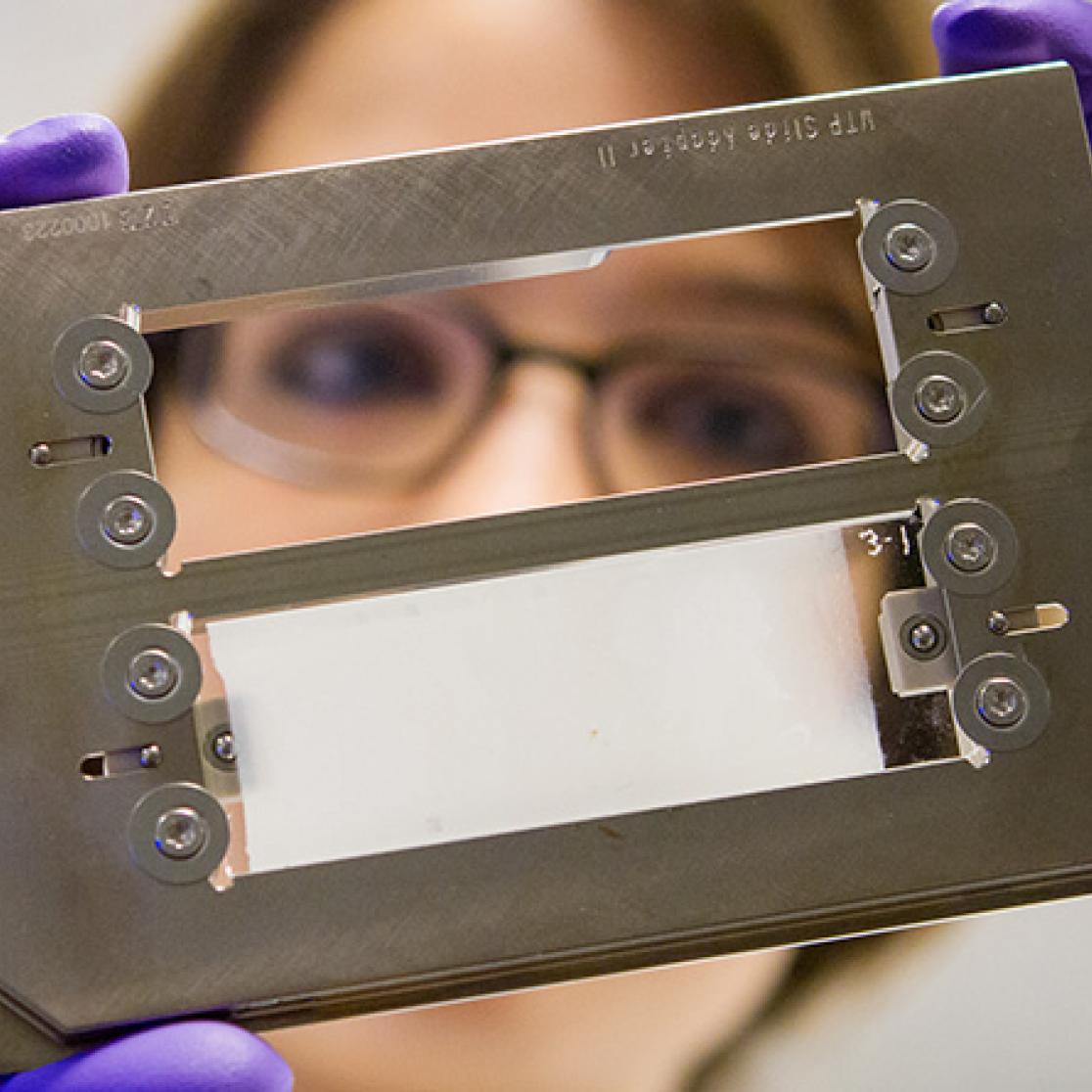Maastricht Centre for Systems Biology and Bioinformatics
Launched in 2015, the Maastricht Centre for Systems Biology and Bioinformatics (MaCSBio) aims to develop a set of computational and mathematical models and methods that will advance our understanding of biological systems, and predict the progression and treatment of complex diseases over time.
-----------------------------
News
- Young Academy of Europe interview with Renaud Jolivet: check it out!
- Podcast with Michelle Moerel with Universiteit van Nederland: Waarom klinkt je stem raar als je 'm terughoort?
Elia Formisano is starting his ERC-Synergy NASCE Project - two new MaCSBio members have started on this project: Tim Dick (PhD student) and Tonio Wijler (Postdoc)
- 29 Oct 2024: Large ZonMw consortium project on post-COVID has been awarded (Martina Summer-Kutmon, Michelle Moerel and Ilja Arts)
https://www.maastrichtuniversity.nl/news/post-covid-research-quest-common-origin 24 Oct 2024: Michelle Moerel has been awarded
a prestigious VIDI grant https://www.maastrichtuniversity.nl/news/vidi-grants-um-research-ai-models-and-our-brains
Systems Biology
Following fast technological advances, it is now possible to collect a wealth of information about the human body, ranging from large to miniscule scales. We can peek into the brain without opening the skull. Our glucose levels can be measured continuously using a smart sensor and an app on our mobile phone.
The entire human genome is available as one large roadmap, and more and more knowledge about molecules in health and disease becomes available every day. What if all of the available human data could be combined and deciphered by computers to create a “Digital Twin”? Welcome to the world of Systems Biology.

Research
MaCSBio strives to perform cutting edge research in:
- Systems BioMedicine
- Computational Neuroscience
- Plant Systems Biology
Education
- the two-year master's programme Systems Biology and Bioinformatics
- bachelor's and master's courses in several other programmes
- project groups
- internships
Interdisciplinary
To achieve scientific breakthroughs that could not be achieved in individual labs, the centre brings together the expertise of biologists, chemists, physicists, physicians, engineers, epidemiologists, mathematicians and computer scientists. Based at the Faculty of Science and Engineering, MaCSBio has close collaborations with the Faculty of Psychology and Neuroscience, and with the Faculty of Health, Medicine and Life Science, with their state-of-the-art laboratory and high-field MRI facilities.
Technology driven
Despite great technological advances in omics, (non-invasive) imaging techniques, and wearable biosensors, combining such data and obtaining actionable information from them is a huge challenge. Therefore, experts at MaCSBio use and further develop a broad range of complex data analysis techniques, mathematical and computational models, and theories. This empowers scientists to infer insights and hypotheses beyond what is suggested by the data itself.
Open
MaCSBio is fostering an environment of open and shared knowledge by actively seeking collaboration, organizing peer-to-peer learning and networking activities, early involvement of bachelor- and master students through teaching, project groups, and internships, and postgraduate education. Interested in what your peers are doing in the field of Systems Biology?
Get involved, check out our events.
